Presidential Candidate of the Labour Party in the 2023 general elections, Mr Peter Obi, has said President Bola Tinubu has kept his campaign promises of continuing with Buhari legacy of failure.
Obi made the assertion while commenting on Tinubu’s one year in office when he appeared on Arise TV’s Prime Time programme on Wednesday night.
Join our WhatsApp ChannelObi said that before now, he has never made any comment about Tinubu’s one year in office because the president has simply maintained what he promised during campaigns to continue from where Buhari his predecessor stopped.
Initially appearing like he was praising Tinubu, however, as he progressed with his response, it became clear that Obi was outrightly criticising Tinubu, albeit with a sarcastic tone.
“President Tinubu has kept to his campaign promises. Throughout the campaign, he consistently maintained that he will continue from where Buhari stopped and he’s done very well,” Obi stated.
The Labour Party presidential standard bearer continued his criticism of Tinubu’s government by pointing out economic indicators such as foreign exchange rate, rising debt stock, unprecedented hike in prices of petroleum products, foods items and other commodities, noting that the economy is in dire strait.
“Our debt like I mentioned, was ₦87 trillion. By the end of last year, it was actually ₦97 trillion, the highest we’ve gone within that short period. Now it’s over ₦100 trillion. In fact, this year alone, the government, through the central Bank of Nigeria, had issued and taken from the system, over 16 trillion naira. You can imagine the interest at almost 20 per cent. It’s about ₦3.2 trillion after 12 months. Add that last year, a period of nine months, we spent about ₦5.7 trillion servicing debt interest and payment, so add that. So, overall, we’ve done well.”
READ ALSO:
The former Anambra State governor examined the country’s other economic indicators such as Gross Domestic Product (GDP) and lamented that by the time Tinubu took over in 2023, Nigeria was still the biggest economy in Africa but today has gone down to number four while South Africa is now number one based on GDP size.
“By the time he took over last year, we were still the biggest economy in Africa with $477 billion as our GDP, followed by South Africa, Egypt, Algeria and Morocco. Today, we are number four. South Africa is number one now. I think about $373 billion. Egypt is second, $347 billion, followed by Algeria, $266 billion and we are now a $252 billion GDP economy. It’s even worse when you go to per capita. We are actually 1/4 of per capita of the list of these nations that I mentioned. South Africa is over 6,000 per capita, Egypt is 4,000 plus. So is Algeria and then Morocco, which among these is supposed to be the 5th, at 4,210 and we are 1,000 plus. So we actually have gone low. We are coming from a low of per capita of 3,000 plus in 2014.
“So every other thing has headed South. Is it insecurity, it has worsened, corruption has worsened, adherence to the rule of law has also worsened, nepotism in the country is at the highest,” he stated.
Reacting to the ongoing economic reforms, and Tinubu’s comment that the initial pains that comes with it would gradually fizzle out and lead to sustainable growth in future, Obi said that the first thing a leader who inherited a difficult situation must do is to lead by example by cutting the cost of governance beginning with what he does.
“The first thing you do as a leader who inherited a difficult situation, is to lead by example, and it starts by your own style, behavior, your conduct, and how you manage resources. You cannot say that things are difficult when you are living in conspicuous consumption.
You need to deal with the issue of cutting, the cost of governance. That’s where you stand. You need to deal with the issue of massive corruption. That is showing that now okay things are bad. I have served the system. Where I came in and found that things are bad and will start by cutting the cost of governance,” Obi stated.
Victor Ezeja is a passionate journalist with six years of experience writing on economy, politics and energy. He holds a Masters degree in Mass Communication.

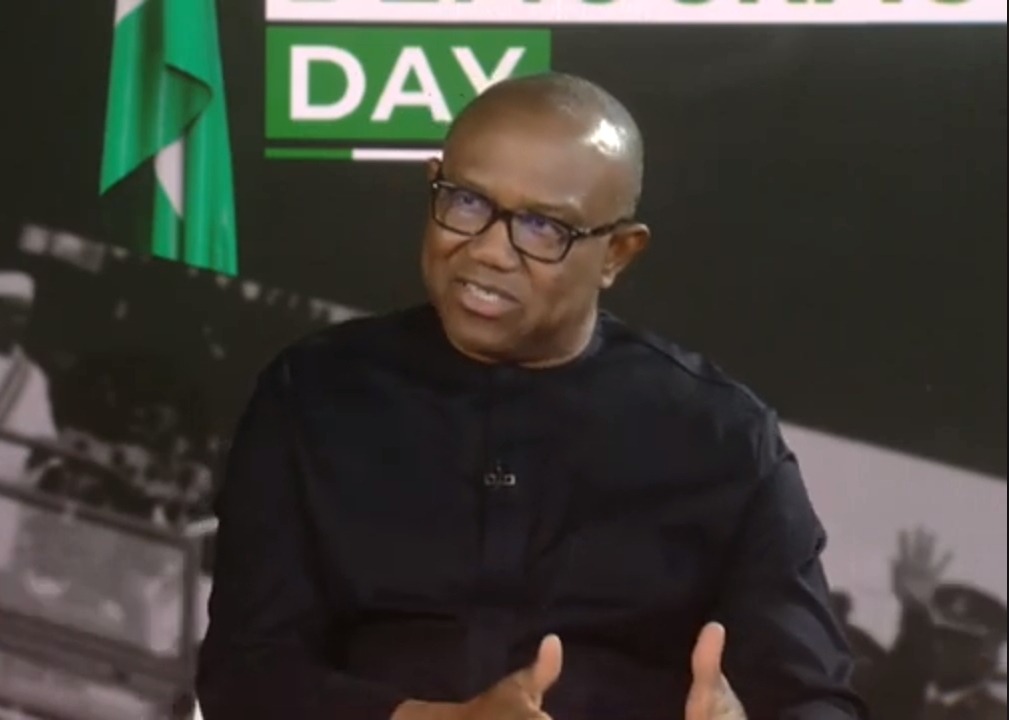



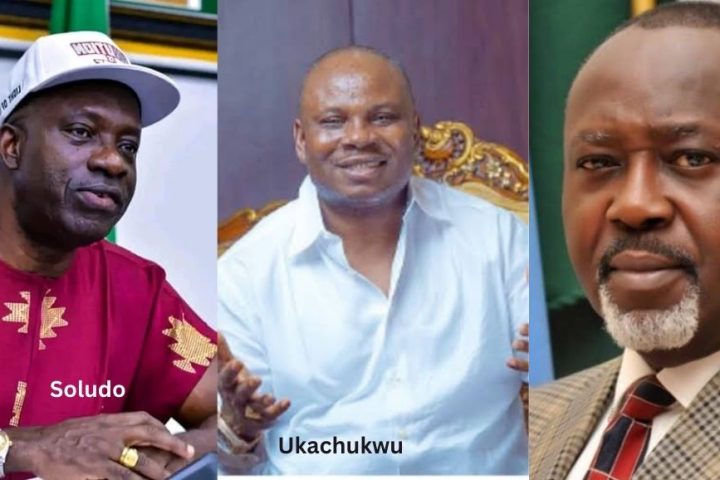
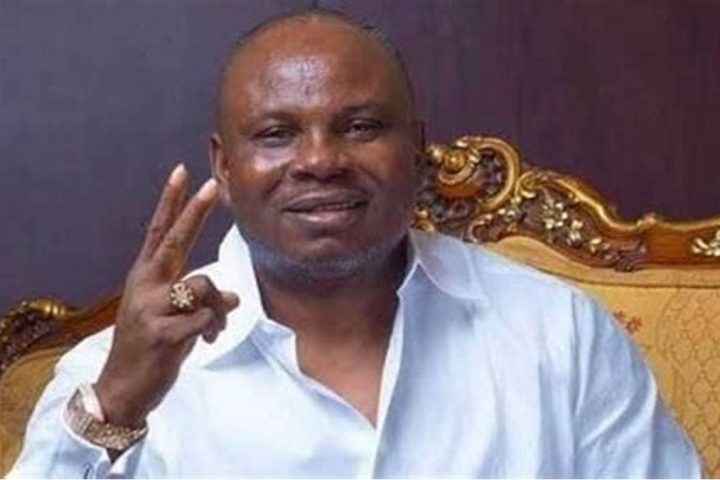
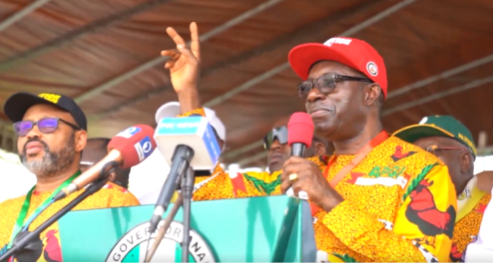





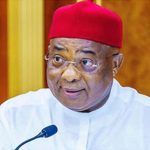


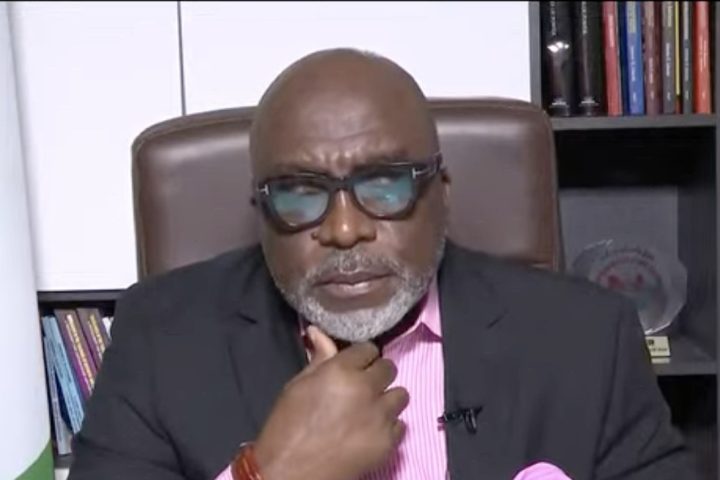
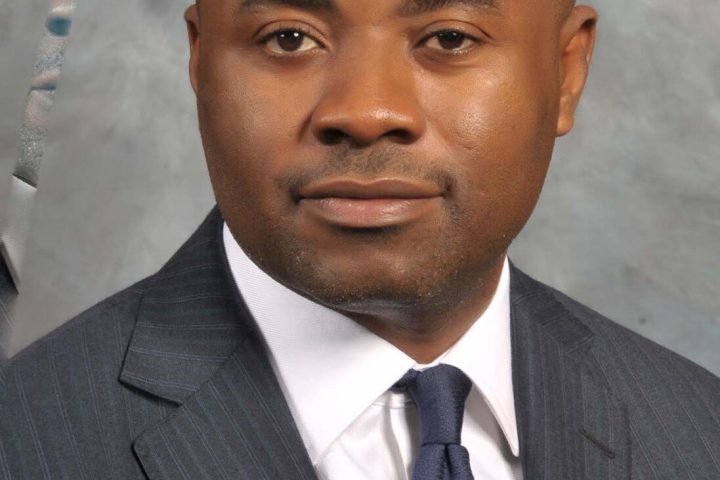
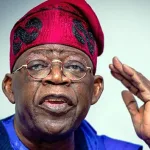
Follow Us